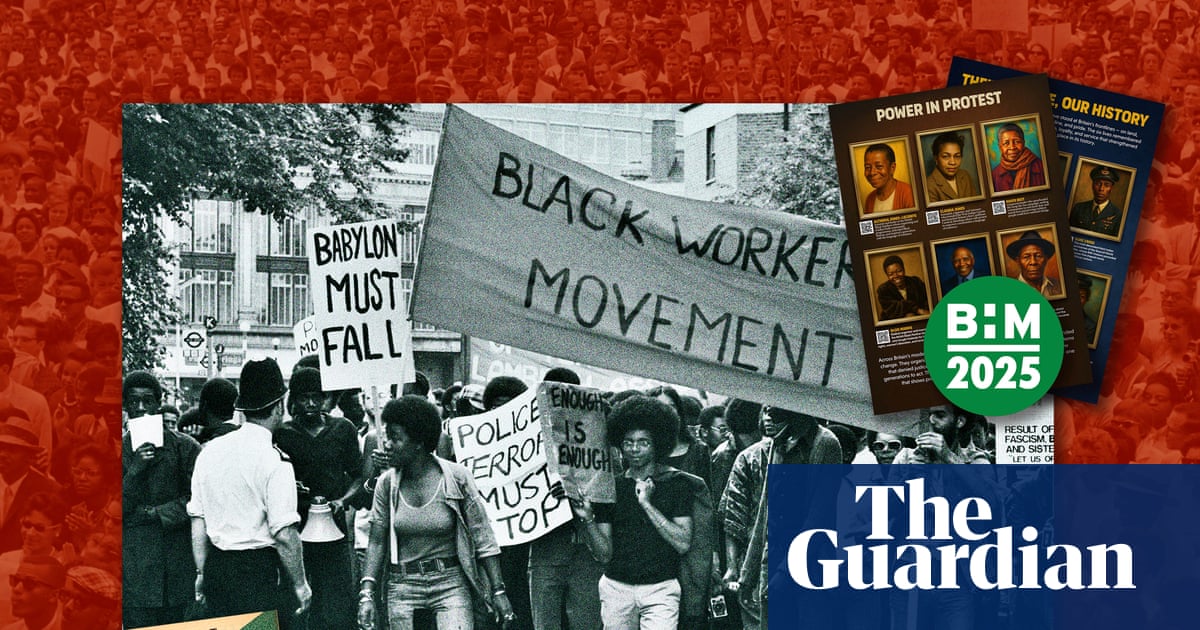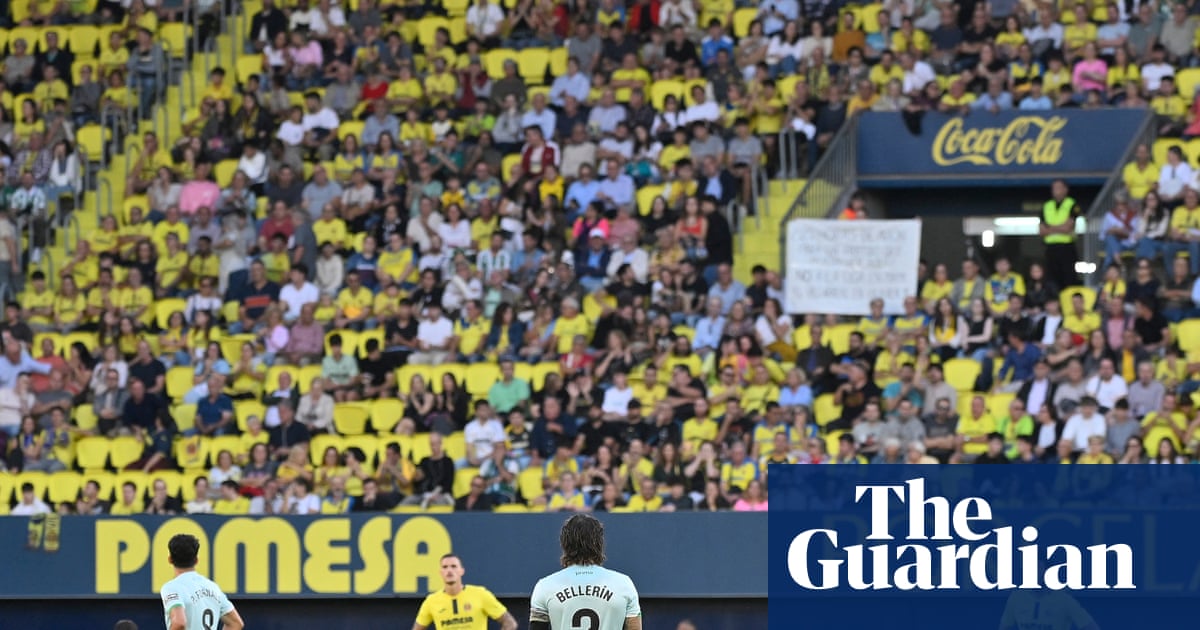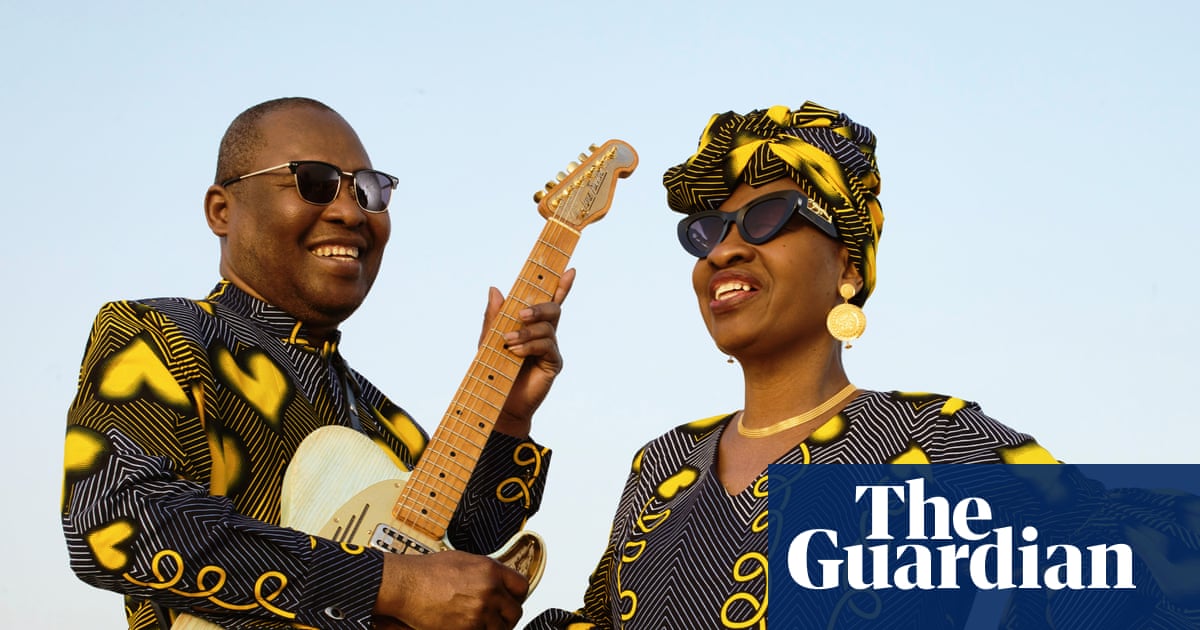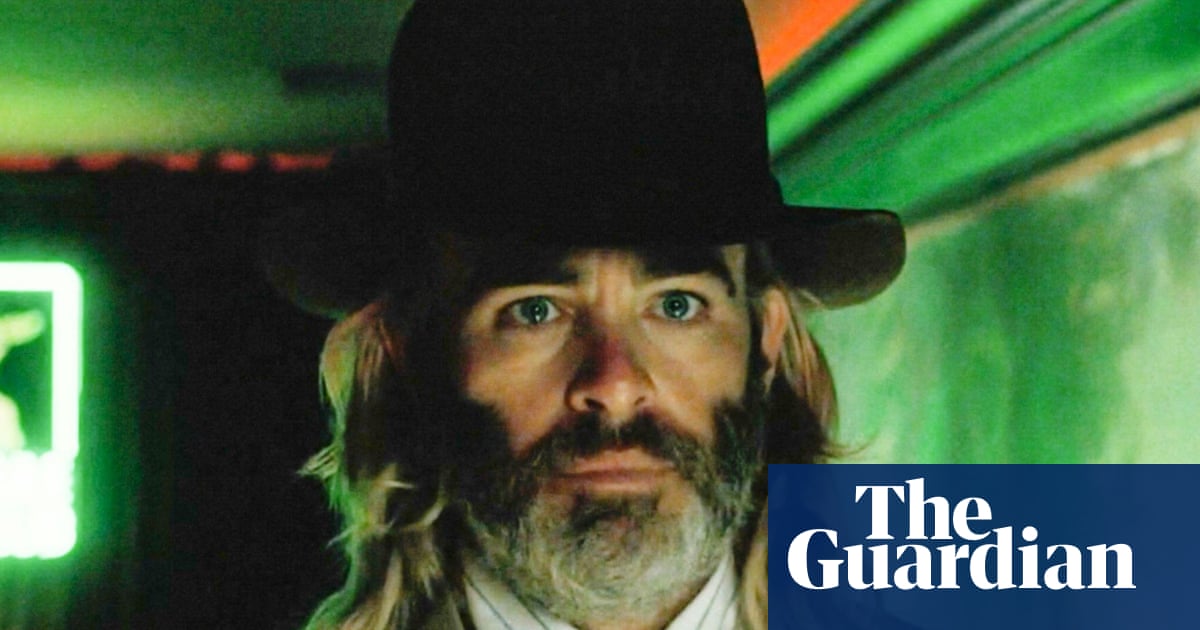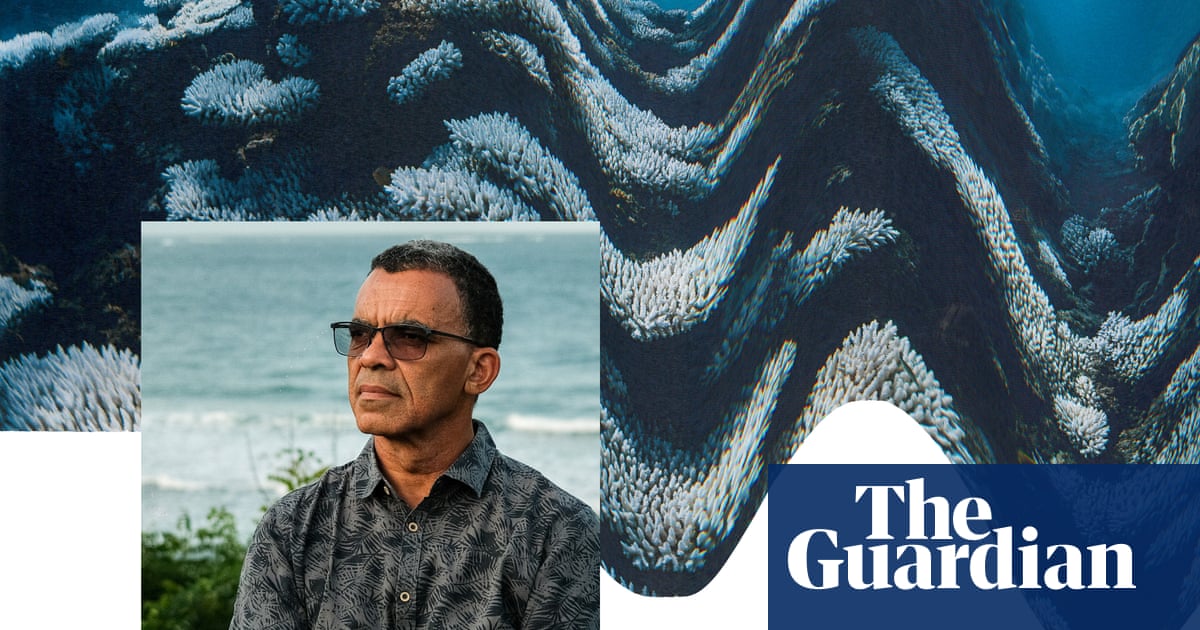Game designer and ex-Team Ninja boss Tomonobu Itagaki died last week aged 58. He was famous for his sunglasses, long black hair, leather jackets – and his penchant for using colourful second world war metaphors to describe game development, marketing strategies and just about anything else. A pugnacious talent, he rocked the boat and made waves in almost every aspect of his life.
Itagaki joined Japanese game developer Tecmo in 1992, as a young programmer, where he led the creation of the fighting game series Dead or Alive, the first instalment of which was released in 1996. He famously picked a long-running fight with Namco’s Tekken series, after that company’s marketing team ran an ad that he found disparaging. The resulting one-sided beef put his fighting franchise on the world stage in the early 2000s. After Dead or Alive 3, he turned his attentions to beach volleyball as a palette cleanser, before starting work on the game that would cement his legacy, a 2004 reinvention of Tecmo’s side-scrolling ninja platformer, Ninja Gaiden.
During one of the most productive game development runs in video game history, Itagaki’s Team Ninja produced Dead or Alive 3 and 4, Dead or Alive Ultimate, Ninja Gaiden, Ninja Gaiden Black, Ninja Gaiden II, and two Dead or Alive Xtreme Beach Volleyball games – all for the Xbox 360 – as well as Ninja Gaiden: Dragon Sword, an acclaimed game for Nintendo DS. It was an impressively fertile period for one of the most revered development teams in the industry at the time.
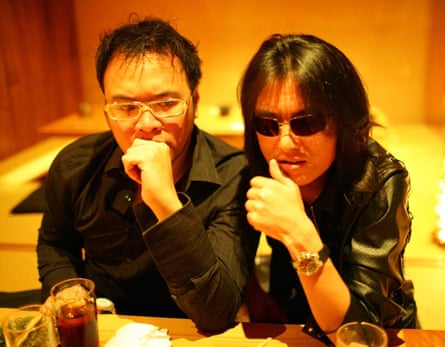
I knew Itagaki for nearly 25 years. He was a man who worked hard, played hard, and had a fierce sense of loyalty to his friends. We first met at E3 in 2002, when I was an editor for Electronic Gaming Monthly, but it was during my time at the magazine GMR that we forged our lifelong bond. GMR put three of Itagaki’s games on the cover over the course of its two-year run, and the time I spent at Team Ninja during our coverage gave me a real insight into the kind of man he was.
He didn’t suffer fools gladly but respected people who were honest and direct with him. And despite his public persona, he was a mild-mannered, soft-spoken person of good humour. When he left Tecmo in 2008 – a company he saved from bankruptcy with the Dead or Alive series – his core team of developers went with him, such was the loyalty he inspired. And despite the horror stories of Japanese crunch time in game development, he was not the type to yell or flip tables – unless you were at karaoke, downing whisky and singing enka (melancholic Japanese ballads), when he would attack the mic like it was the final boss in Dead or Alive.
He revealed to me a little over a year ago that all that hard drinking had taken its toll, and that he had to stop on doctor’s orders, which he did. In September 2025, as I often did before a trip to Japan, I contacted him to see if he wanted to get together for dinner. He was happy to see my message but, as it turned out, he had been hospitalised for three months at the time I wrote. I visited him a little over two weeks before he died. The flowers my wife and I had sent him earlier were still by his bedside. He said it was possible he would be discharged in about a month, but I wasn’t so sure. As intimidating as his public-facing personality seemed, he was always a physically slight man; whenever I gave him a hug goodbye it felt like hugging a leather jacket on a coat hanger. When the doctors finally identified the source of his ailments, it was too little, too late.
The industry has lost one of its most iconic creators: a force of nature who gave millions of people a decade of pure gaming joy. I lost someone whom I considered a brother. Itagaki was only three years older than me.
He died almost a decade after his last game, Devil’s Third, shipped on Wii U. Earlier this year he had told me of his plans to finally make a new game, under his company Itagaki Games. It was a great regret of his that he could not complete this final project. “My life was a constant battle. And I kept on winning. I also caused a lot of trouble along the way. I take pride in having fought through it all, following my own convictions,” he wrote in his final social media post.
“I have no regrets. I only feel deep sorrow that I couldn’t deliver a new work to all my fans. That’s just how it is. So it goes.”

.png) 4 hours ago
6
4 hours ago
6




